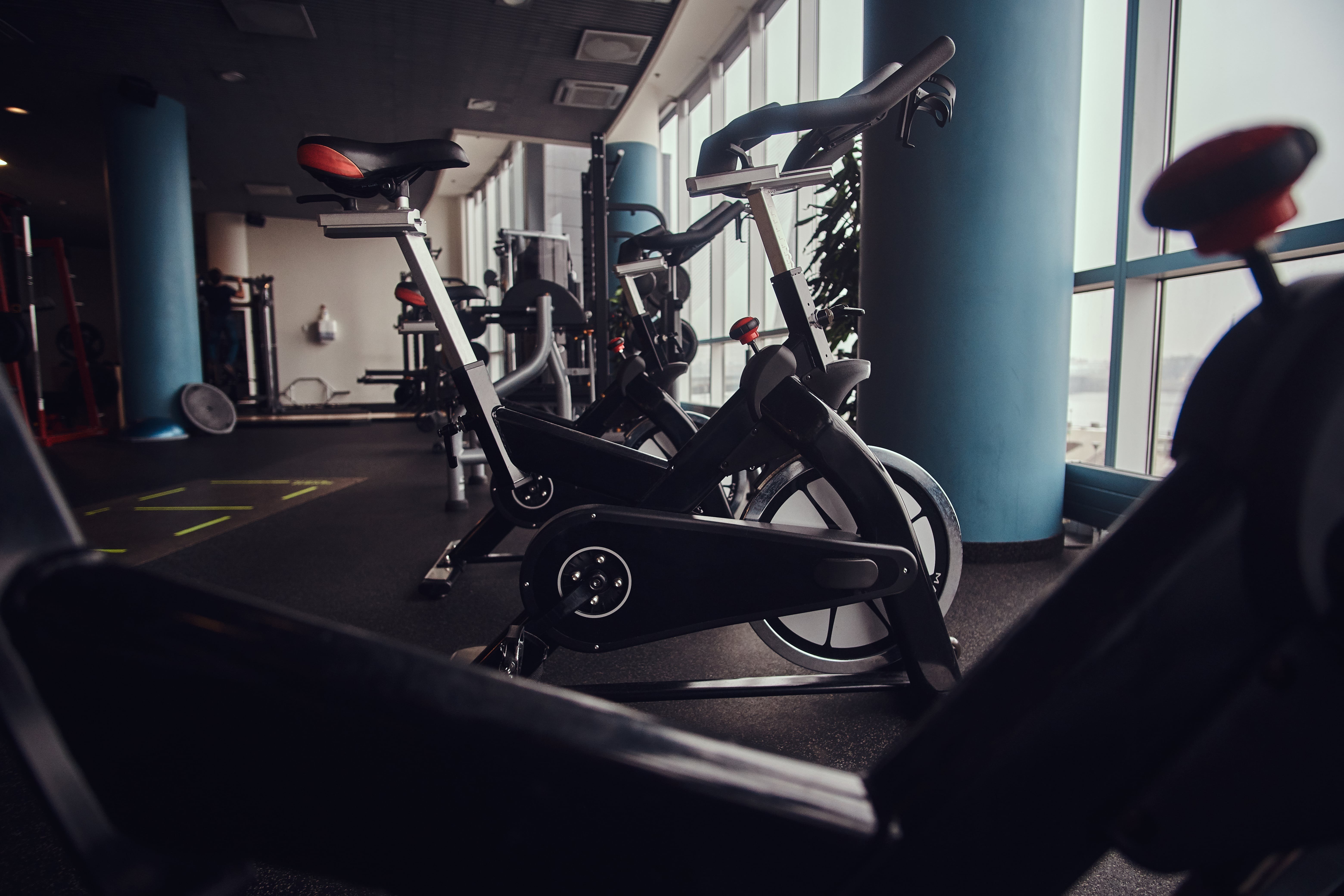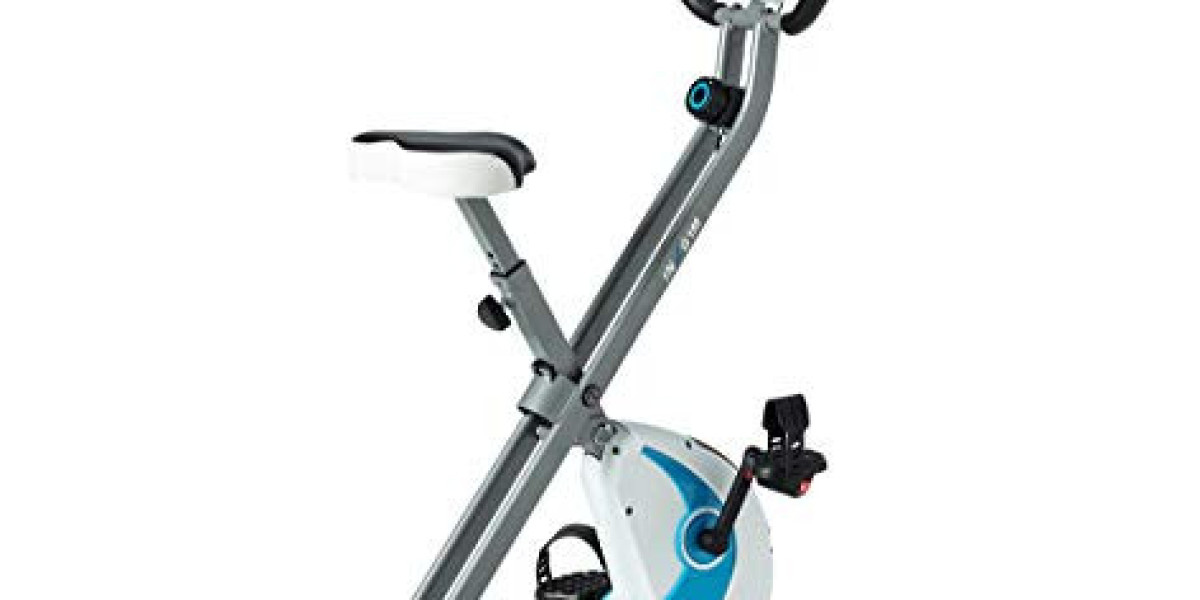The Rise of Home Exercise Bikes: A Comprehensive Guide
In current years, home exercise bikes have surged in popularity as more people look for effective methods to stay fit while stabilizing their hectic lives. With the convenience of indoor biking, these bikes work as an outstanding alternative to standard gym subscriptions, using many advantages that deal with various fitness levels and choices. This article checks out the types, benefits, and important features to consider when investing in a home exercise bike, as well as dealing with often asked concerns to assist customers in making informed decisions.
Types of Home Exercise Bikes
Home exercise bikes can be found in various styles, each dealing with different preferences and workout goals. Below is an introduction of the most typical types:
| Type of Bike | Description | Secret Features |
|---|---|---|
| Upright Bike | A traditional cycling position simulating outside biking | Compact style, low effect on joints |
| Recumbent Bike | Features a reclined seat and back assistance | Comfortable seating, suitable for users with back concerns |
| Spin Bike | Mimics racing bikes, provides a more extreme exercise | Adjustable resistance, ideal for high-intensity training |
| Hybrid Bike | Combines features of upright and recumbent bikes | Versatile style, adjustable seating position |
1. Upright Bikes
Upright bikes are created to simulate outside cycling with a straight-up seating posture. They are ideal for users seeking a full-body workout while improving cardiovascular fitness.
2. Recumbent Bikes
These bikes allow the user to sit in a reclined position with back support, making them appropriate for older adults or those recovering from injuries. The design decreases strain on the back while still offering a cardiovascular workout.
3. Spin Bikes
Spin bikes are built for high-intensity period training (HIIT) and are often used in spinning classes. They feature adjustable stress to replicate cycling on various surfaces. These bikes are particularly popular amongst fitness lovers who wish to push their limits.
4. Hybrid Bikes
A mix of upright and recumbent designs, hybrid bikes accommodate a range of users by permitting seat modifications for different riding positions.
Benefits of Home Exercise Bikes
Buying a home exercise bike can provide various physical and mental benefits, such as:
1. Convenience
- No requirement to travel to the gym.
- Ability to exercise anytime, despite weather.
2. Cost-efficient
- No continuous gym membership fees.
- Lower upkeep costs compared to other fitness equipment.
3. Space-Saving Options
- Numerous models are developed to be compact and collapsible.
- Perfect for little living areas.
4. Health Benefits
- Cardiovascular Fitness: Enhances heart health, promotes much better circulation, and aids in weight loss.
- Joint Health: Offers a low-impact exercise, reducing stress on joints.
- Mental Well-being: Releases endorphins, reducing stress and anxiety.
5. Adjustable Workouts
- Adjustable resistance settings accommodate various fitness levels.
- Integrated programs for structured exercises.
Secret Features to Consider
When choosing a home stationary bicycle, it's important to assess specific functions that line up with personal fitness objectives. Below are some important aspects to consider:
- Adjustable Seat Height: Ensures correct posture and convenience during workouts.
- Resistance Levels: More levels enable different workouts and development as strength improves.
- Show Console: Should track metrics such as time, range, speed, and calories burned.
- Pedal System: Look for adjustable pedals with straps for a secure fit.
- Integrated Programs: Bikes with preset programs can supply guided workouts and motivation.
- Bluetooth Connective Features: Some bikes permit connection to fitness apps for boosted tracking and engagement.
Maintenance and Care
Taking care of an exercise bike can extend its lifespan and ensure a high-quality workout experience. Here are vital upkeep ideas:
- Cleaning: Wipe down the bike after every usage to avoid accumulation of dust and sweat.
- Oiling Moving Parts: Regularly examine and lube the chain and other moving parts to keep them working smoothly.
- Tightening Up Bolts and Screws: Ensure the bike remains steady by examining all screws and bolts regularly.
- Storing Properly: If the bike is collapsible, shop it in a dry area to prevent rusting or damage.
Frequently Asked Questions (FAQs)
1. Just how much area do I need for a home exercise bike?
Most stationary bicycle require an area of about 5 to 10 square feet, depending on the model. Consider additional space for comfort and motion.
2. Are stationary bicycle suitable for all fitness levels?
Yes, stationary cycle For exercise bicycle accommodate all fitness levels. Adjustable resistance and seat setups make them accessible for novices and professionals alike.
3. How often should I utilize a home exercise bike?
For optimum results, goal for at least 150 minutes of moderate aerobic activity each week. This can relate to about 30 minutes of biking per day, five times a week.
4. Do I require unique shoes for spin bikes?
While not compulsory, biking shoes are advised for spin bikes as they supply much better assistance and allow you to clip into the pedals for improved control.

5. How do I pick the right bike for my requirements?
Evaluate your fitness goals, assess offered area, and consider spending plan restraints. It might also be helpful to check ride different models before making a purchase.
Home stationary bicycle represent an accessible and effective methods for individuals to accomplish their fitness objectives. With the variety of alternatives available, from upright to recumbent and spin bikes, users can discover devices that matches their needs. By understanding the advantages, necessary features, and maintenance practices, those thinking about a purchase can make an educated choice that causes a much healthier and more active lifestyle. Whether for novices or experienced fitness lovers, exercise bikes prove to be an important addition to any home workout program.








